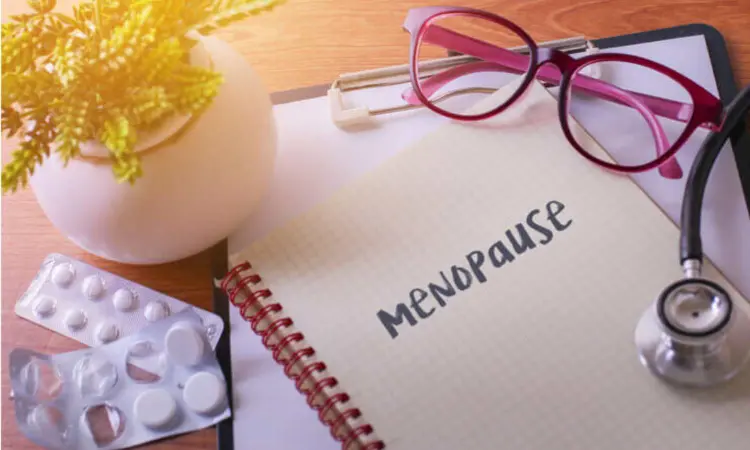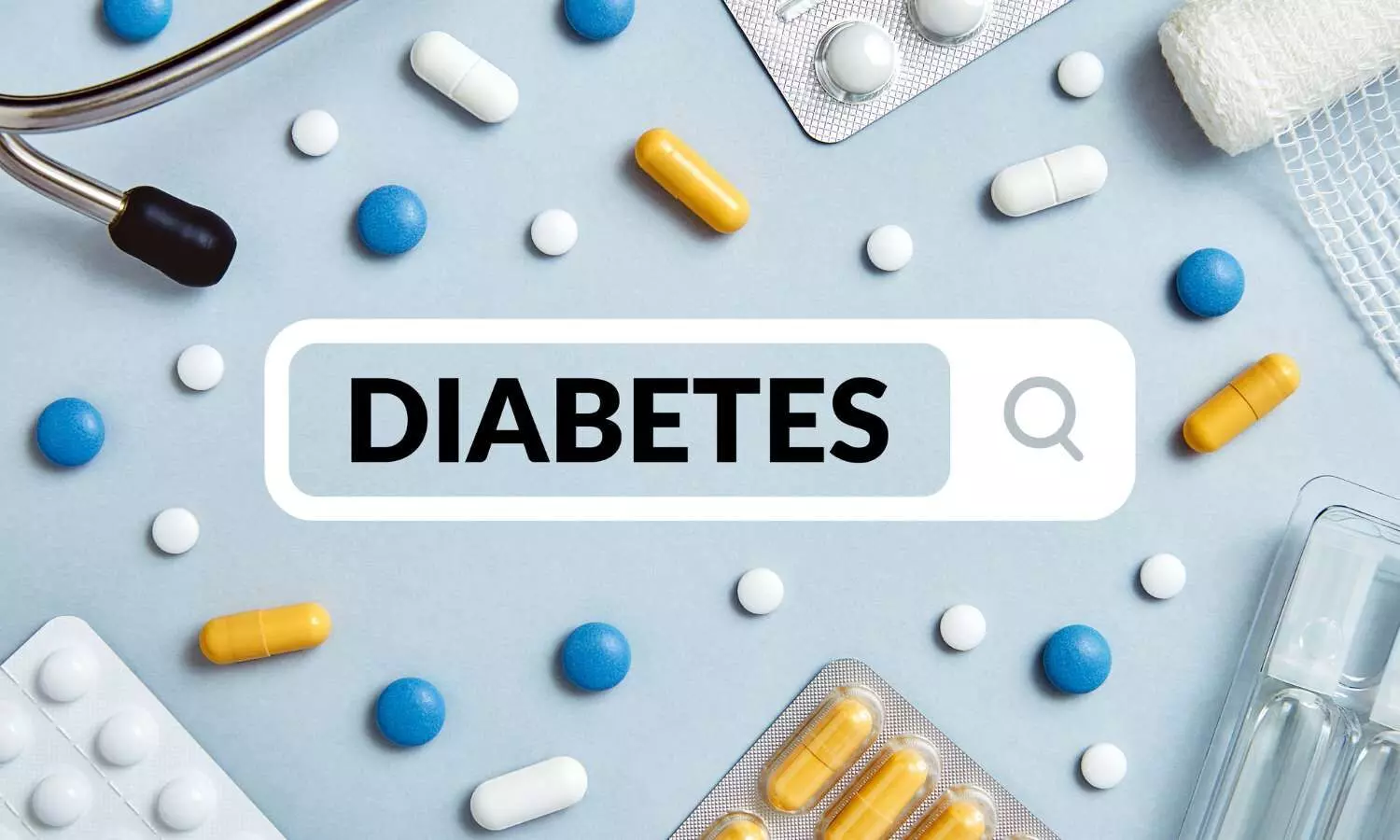- Home
- Medical news & Guidelines
- Anesthesiology
- Cardiology and CTVS
- Critical Care
- Dentistry
- Dermatology
- Diabetes and Endocrinology
- ENT
- Gastroenterology
- Medicine
- Nephrology
- Neurology
- Obstretics-Gynaecology
- Oncology
- Ophthalmology
- Orthopaedics
- Pediatrics-Neonatology
- Psychiatry
- Pulmonology
- Radiology
- Surgery
- Urology
- Laboratory Medicine
- Diet
- Nursing
- Paramedical
- Physiotherapy
- Health news
- Fact Check
- Bone Health Fact Check
- Brain Health Fact Check
- Cancer Related Fact Check
- Child Care Fact Check
- Dental and oral health fact check
- Diabetes and metabolic health fact check
- Diet and Nutrition Fact Check
- Eye and ENT Care Fact Check
- Fitness fact check
- Gut health fact check
- Heart health fact check
- Kidney health fact check
- Medical education fact check
- Men's health fact check
- Respiratory fact check
- Skin and hair care fact check
- Vaccine and Immunization fact check
- Women's health fact check
- AYUSH
- State News
- Andaman and Nicobar Islands
- Andhra Pradesh
- Arunachal Pradesh
- Assam
- Bihar
- Chandigarh
- Chattisgarh
- Dadra and Nagar Haveli
- Daman and Diu
- Delhi
- Goa
- Gujarat
- Haryana
- Himachal Pradesh
- Jammu & Kashmir
- Jharkhand
- Karnataka
- Kerala
- Ladakh
- Lakshadweep
- Madhya Pradesh
- Maharashtra
- Manipur
- Meghalaya
- Mizoram
- Nagaland
- Odisha
- Puducherry
- Punjab
- Rajasthan
- Sikkim
- Tamil Nadu
- Telangana
- Tripura
- Uttar Pradesh
- Uttrakhand
- West Bengal
- Medical Education
- Industry
Serum Klotho has protective effect on postmenopausal Osteoporosis

A new study found that serum Klotho is an independent protective factor for postmenopausal women with osteoporosis. The study results were published in the journal BMC Endocrine disorders.
Osteoporosis is a bone disorder affecting peri and postmenopausal women globally. A decrease in estrogen levels during menopause leads to accelerated bone loss affecting the safety of women's health. Klotho, a protein related to bone mineral density is found to affect the functioning of multiple organs. Previous literature showed that decreased klotho levels in blood were associated with high bone fragility. Hence researchers conducted a study to explore the relationship between serum klotho levels and osteoporosis in blood.
A retrospective study was carried out by collecting the data from 3 survey cycles in the National Health and Nutrition Examination Survey (NHANES) database, including 885 postmenopausal women over 50 years old. All participants underwent dual-energy X-ray absorptiometry examination and serum Klotho test at the time of the investigation. Logistic regression analysis was used to predict the risk model. P was used for trend and restricted cubic spline (RCS) was used to explore the nonlinear relationship between variables.
Key findings:
- Age, race, BMI, and Klotho are the influencing factors of osteoporosis.
- Klotho was found to be a protective factor.
- Based on the prediction model to evaluate the prediction ability, it was found that the prediction ability was good as C-index is 0.765.
- P for trend was found to have a significant difference after adjusting the full variable.
- RCS showed that when Klotho concentration reached 824.09pg/ml, the risk of OP decreased significantly.
Thus, the NHANES study found that Klotho is an independent protective factor for postmenopausal women with Osteoporosis and negatively correlated with the prevalence of osteoporosis.
Further reading: https://doi.org/10.21203/rs.3.rs-2476910/v1
Klotho Reduces the Risk of Osteoporosis in Postmenopausal Women: A cross-sectional Study of the National Health and Nutrition Examination Survey (NHANES)
BDS, MDS
Dr.Niharika Harsha B (BDS,MDS) completed her BDS from Govt Dental College, Hyderabad and MDS from Dr.NTR University of health sciences(Now Kaloji Rao University). She has 4 years of private dental practice and worked for 2 years as Consultant Oral Radiologist at a Dental Imaging Centre in Hyderabad. She worked as Research Assistant and scientific writer in the development of Oral Anti cancer screening device with her seniors. She has a deep intriguing wish in writing highly engaging, captivating and informative medical content for a wider audience. She can be contacted at editorial@medicaldialogues.in.
Dr Kamal Kant Kohli-MBBS, DTCD- a chest specialist with more than 30 years of practice and a flair for writing clinical articles, Dr Kamal Kant Kohli joined Medical Dialogues as a Chief Editor of Medical News. Besides writing articles, as an editor, he proofreads and verifies all the medical content published on Medical Dialogues including those coming from journals, studies,medical conferences,guidelines etc. Email: drkohli@medicaldialogues.in. Contact no. 011-43720751




